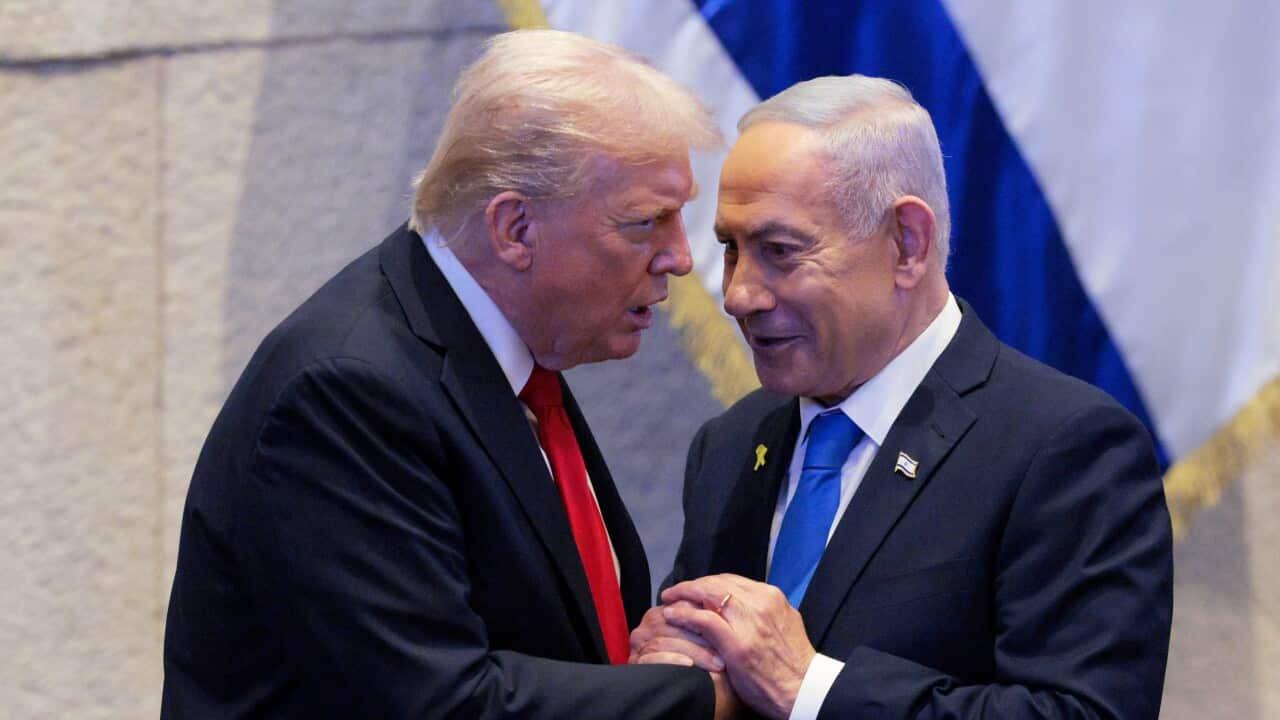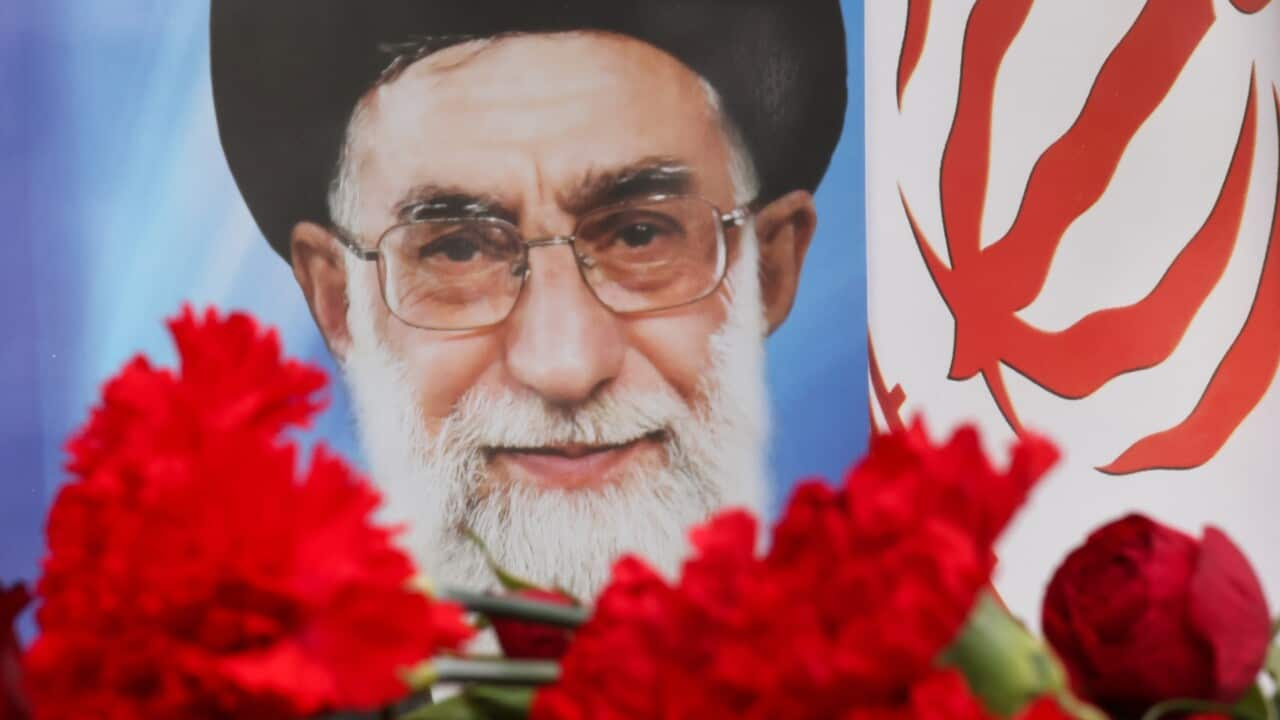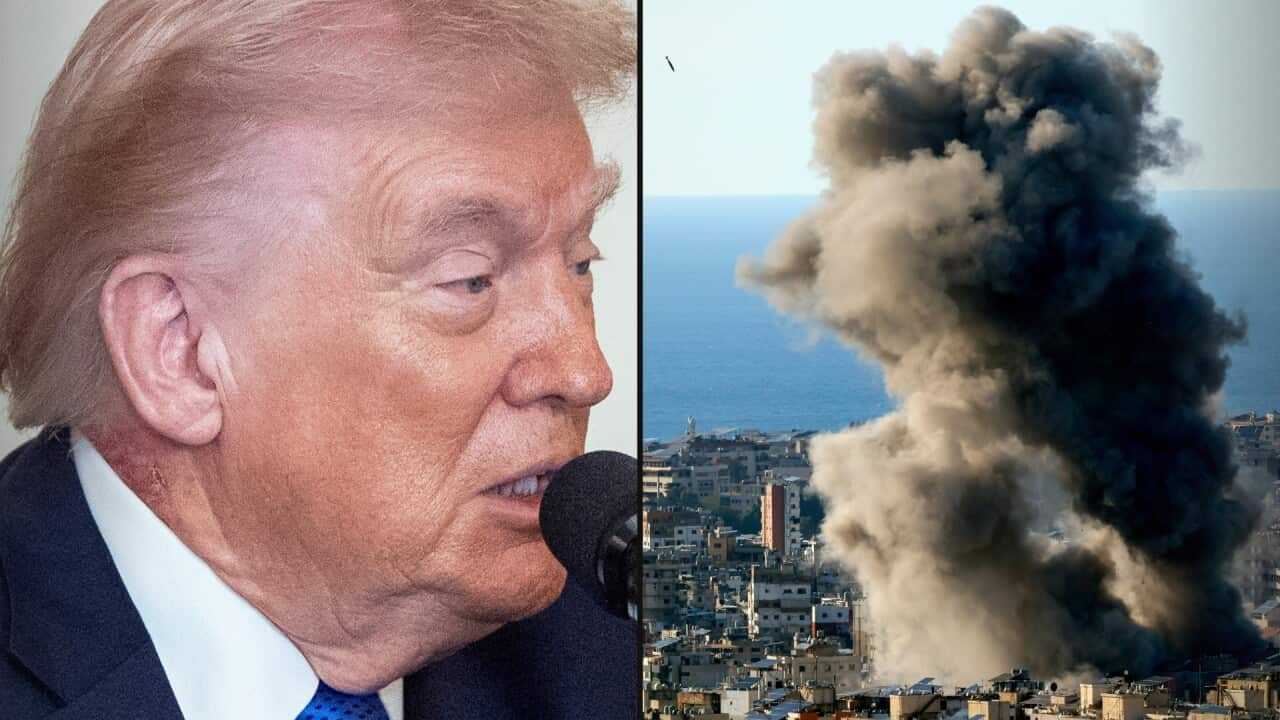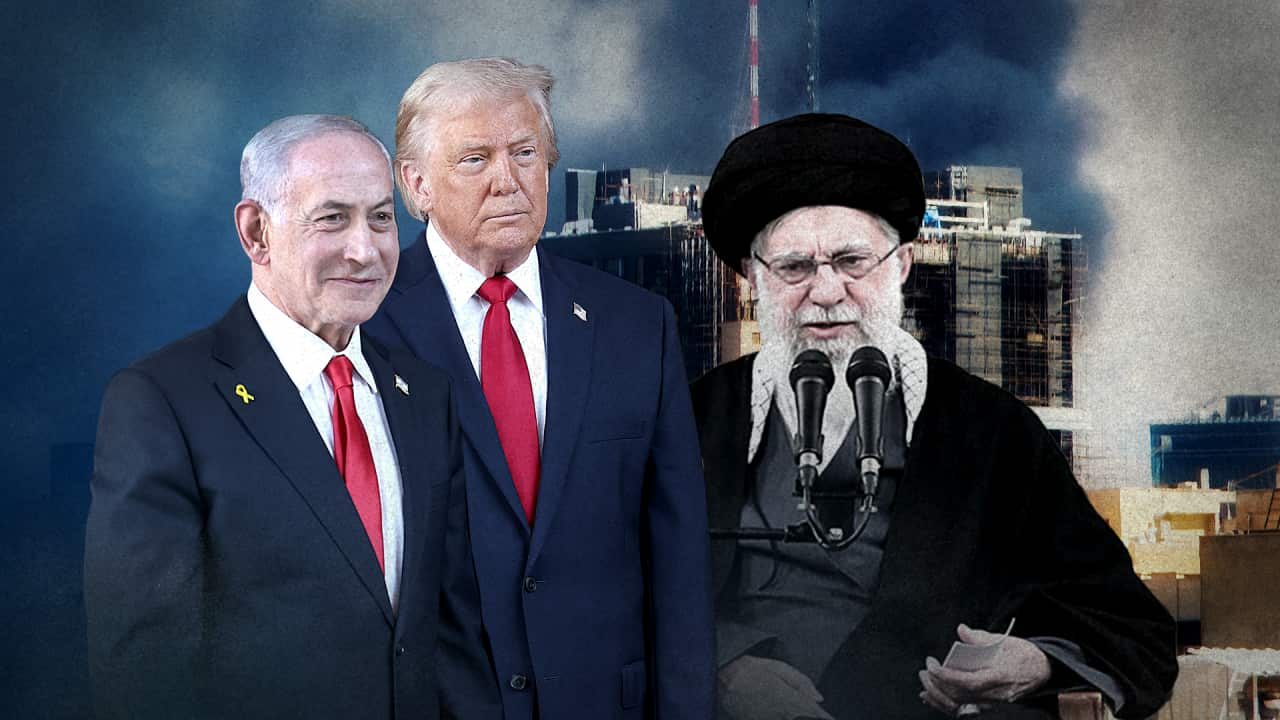Netanyahu was indicted in 2019 in three cases, with allegations of fraud, breach of trust and accepting bribes. Netanyahu has always denied the allegations and has pleaded not guilty.
Trump has repeatedly asked Israel’s President Isaac Herzog to pardon Netanyahu on the charges, including last month during his Knesset speech.
Trump made a fresh bid for his ally to receive a pardon this week, writing a letter to Herzog in which he called the corruption case “political, unjustified prosecution” and urged him to fully pardon Netanyahu, who he called a “formidable and decisive” prime minister.
So what are the cases against Netanyahu, and how has Trump tried to intervene?
What is Benjamin Netanyahu accused of?
Israeli police started investigating Netanyahu in 2016, and he was officially indicted in three separate cases three years later in 2019.
He was charged with fraud and breach of trust in two of the cases (known as Case 1,000 and Case 2,000), and with fraud, breach of trust, and receiving bribes in the third case (Case 4,000).
In the first case, Netanyahu is accused of accepting around $330,000 worth of luxury gifts — including cigars, champagne and jewellery for Netanyahu’s wife Sara — in exchange for political favours for Israeli-born billionaire Hollywood producer Arnon Milchan.
Netanyahu allegedly accepted the goods from Milchan and Australian business executive James Packer, a friend of Milchan’s.
The other two cases accuse Netanyahu of trying to negotiate more favourable coverage of him in Israeli media outlets.
The trial for all three cases started in 2020, with the prosecution resting in July 2024. Defence proceedings, including Netanyahu’s testimony, started in December that year.
Netanyahu, who is the first and only sitting prime minister in Israel’s history to stand trial, has called the accusations “absurd and baseless”, and — drawing from Trump’s dictionary — labelled the cases a “relentless witch hunt”.
Trump has frequently used the phrase “witch hunt” to describe cases he sees as politically motivated against him and his allies.
The US president has long accused his political opponents of using the Justice Department to target him during his time out of office.
In early 2023, shortly after Netanyahu began his current term as prime minister, his government proposed far-reaching judicial reforms, which sought to give the government more control over Israel’s Supreme Court and weaken the power of the judiciary.
The proposed reforms sparked large-scale protests across Israel, which only came to an end after the Hamas-led attack on Israel in October and Israel’s subsequent military offensive in Gaza.
Several of Netanyahu’s critics within Israel, such as opposition leader Yair Lapid, accused Netanyahu of prolonging the war in Gaza for political reasons.
How has Donald Trump tried to intervene?
Trump has publicly expressed at least three times this year that Netanyahu should be pardoned.
In June, the US president posted on his Truth Social platform that Netanyahu’s trial should be “cancelled immediately” or that a pardon should be given to a “great hero”.
In October, Trump delivered a speech at the Knesset, Israel’s parliament, to discuss his ceasefire plan for Gaza.
During the speech, Trump addressed Herzog directly, saying: “Hey, I have an idea. Mr President, why don’t you give [Netanyahu] a pardon?”
The parliament erupted in applause, with many of Netanyahu’s allies in the room giving Trump a standing ovation.
Trump added that his request was not written in his original speech, “but I happen to like this gentleman right over here, and it just seems to make so much sense”.
“[Netanyahu] has been one of the greatest wartime presidents. Cigars and champagne, who the hell cares about that?”
Donald Trump asked Israeli President Isaac Herzog to pardon Benjamin Netanyahu when he addressed the Israeli parliament in October. Source: AAP / AP / Saul Loeb
Finally, Herzog’s office this week shared a letter sent to him by Trump, reiterating his calls for Netanyahu to be pardoned.
In the letter, Trump says that while he respects the independence of the Israeli justice system, he believes the case against Netanyahu is a “political, unjustified prosecution”.
Herzog’s office said that while the Israeli president holds Trump “in the highest regard”, anyone seeking a presidential pardon must submit a formal request in accordance with established procedures.
Netanyahu has also not been convicted of any crimes, meaning any pardon would be pre-emptive — something there is little precedent of in Israel’s history.
Netanyahu later posted on X, thanking Trump for his support. “As usual, you get right to the point and call it like it is,” he said.
What happens next?
Netanyahu’s trial is still ongoing, but the case has been delayed several times.
Around 140 witnesses have testified, and Netanyahu himself has taken the stand on multiple occasions over the past year.
The court has tried to speed up the trial’s pace, with hearings scheduled to take place four times a week. Netanyahu is still giving testimony, and the trial is expected to continue next year, potentially dragging on to 2027.
Separate from his corruption cases in Israel, Netanyahu is also subject to an arrest warrant by the International Criminal Court, which alleged in 2024 that Netanyahu, alongside former Israeli defence minister Yoav Gallant, bears criminal responsibility for war crimes and crimes against humanity in relation to Israel’s war in Gaza.
Netanyahu (and Gallant) also deny these allegations.
— With additional reporting by Agence France-Presse.







